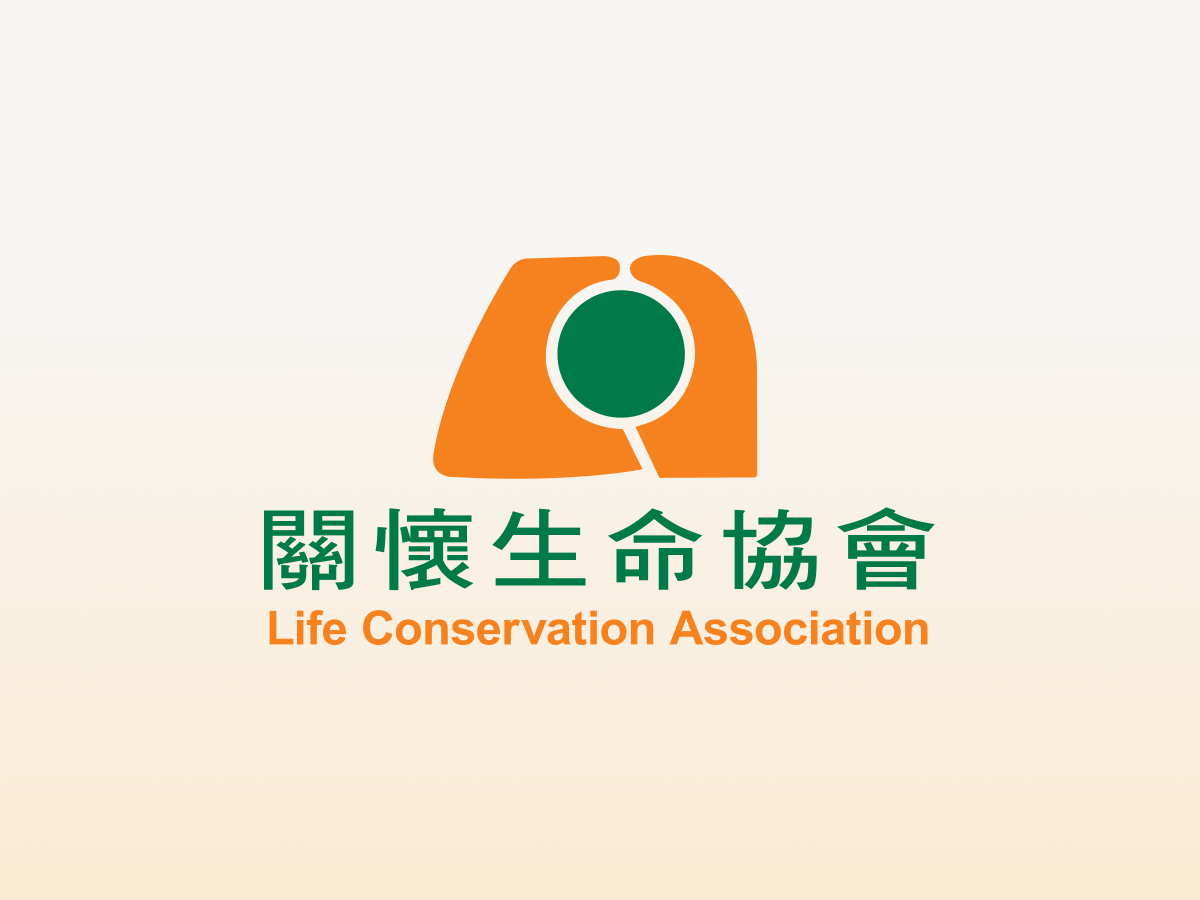
12個國家28個保育團體齊聲呼籲
作者:ACAP TAIWAN
總統先生閣下:
我們以活動起草人名義邀請台灣加入全球保護鯨鯊-海洋最大魚類-的活動。
台灣是全世界最大的鯨鯊肉消費者,肉類的來源除了從台灣船隻捕撈的鯨鯊外,還有非法進口的方式可取得。別名豆腐鯊,鯨鯊的肉廣泛的被台灣人食用且可輕易從市場肉販與餐廳獲得。鯨鯊是個長壽、成長速度緩慢的魚種。牠們的生命期限約為60至100年。雌性可能需要經過30年才能達到成熟期。因為這些特殊的因素,該種魚類很容易遭消耗殆盡,且需要經過幾十年時間,才能從過度獵捕的惡劣情況下恢復自然常態。
鯨鯊被世界自然保育聯盟列為易危物種,而該魚種也於2002年被列入聯合國瀕臨絕種野生動植物國際貿易公約附錄二中。這代表的是該魚種以及相關產品在國際貿易中將受到嚴格的規範。過去,儘管台灣並非保育聯盟一員,台灣已經履行瀕臨絕種野生動植物國際貿易公約並制定有更嚴格之國內標準等值得讚揚的措施。但由於台灣對於國內鯨鯊的銷售並無規範,因此無法得知銷售的肉是從台灣當地所捕獲鯨鯊所取得或為非法進口。
我們感謝台灣政府下定決心進行逐年遞減獵補鯨鯊的行動,從2002年的80隻到2006年的60隻。然而,由於缺乏鯨鯊數量的精確數據,我們不知道該行動是否能長期維持下去。以在台灣海域所被獵補的鯨鯊來看,其平均體型持續下減的事證即代表著遞減獵補鯨鯊的行動無法長遠。
獵補鯨鯊的行為在七個國家是遭法律禁止的。有些國家則是發展鯨鯊相關旅遊來增加收入。根據台灣的研究調查,台灣業者因開放食用鯨鯊所獲取之收入,目前每年平均約為五十萬美元,而在鯨鯊數量持續減少的情況下,相關利益價值也會同時下降。與其他地區比較,澳洲透過鯨鯊旅遊的年度收益為五千五百萬美元。塞席爾群島、貝里斯、菲律賓與墨西哥亦從渴望一睹鯨鯊自然生活的觀光客手中,共獲得數百萬美元的收益。目前共有18個國家有觀賞鯨鯊的產業。我們知道台灣最近舉辦了一場探討開創台灣賞鯨產業可行性的國際研討會。我們鼓勵台灣持續進一步追求該目標,並藉由吸取其他國家的經驗中,設立最有效的執行辦法。
衛星追蹤顯示鯨鯊移動的範圍高達數千公里。有隻在澳洲被植入晶片的鯨鯊,曾進行了一個長達兩千公里的旅程。有另外一之鯨鯊更從加州的海灣游到東加群島,該行程總長達一萬三千公里。
總統先生,鯨鯊的確是全球的天然資源。牠是屬於全世界公民的資產。無論是從台灣或國際海域上所取得之鯨鯊,我們也力勸台灣禁止對其之獵殺與銷售,並頒布法令來確保所有被誤補的鯨鯊將獲得釋放。此外,我們也要求台灣將鯨鯊列為保育類動物,鯨鯊才能獲得國內最嚴謹的保護。
我們誠摯感謝您
International Statement of concern for the whale shark
Mr. President,
We, the undersigned, invite you to join the global effort to protect the whale shark, the largest fish in the sea.
Taiwan is the world’s biggest consumer of whale shark meat, not only from sharks caught by Taiwanese vessels but also from illegal imports of meat into Taiwan. Known as “tofu shark”, this meat is widely eaten in Taiwan and is readily available from street vendors and in restaurants.
Whale sharks are a long-lived, slow-growing species. Their lifespan is estimated at anywhere between 60 and 100 years; females could take up to 30 years to reach maturity. Because of this, the species is very vulnerable to depletion and may take many decades to recover from over-exploitation.
Whale sharks are classified as Vulnerable by the World Conservation Union and the species was listed on Appendix II of the UN Convention on International Trade in Endangered Species (CITES) in 2002. This means that international trade in the species and in its products is subject to strict regulation. In the past, Taiwan has taken the highly commendable step of implementing CITES decisions and, on occasion, of enacting even stricter domestic measures, despite not being a Party to the Convention. However, since domestic sales of whale shark meat are totally unregulated in Taiwan, there is no way of knowing whether the meat on sale in Taiwan is from locally-caught animals or from illegal imports.
We appreciate that your government has taken the decision to reduce the annual quota of whale sharks from 80 in 2002 to 60 in 2006. However, the scarcity of scientific data on whale shark abundance means that we cannot know whether or not this is sustainable: continuing decreases in the average size of whale sharks being caught in Taiwan suggest that it is not.
Whale shark fishing is banned is seven countries. Some countries have, instead, established whale shark tourism as a way of generating income from the species. According to Taiwanese research, the average annual income from Taiwan’s utilization of whale sharks is currently $US500,000 but, as populations continue to decline, this income will also decline. By comparison, Australia earns $US55 million annually from whale shark tourism. The Seychelles, Belize, the Philippines and Mexico also earn millions of dollars between them from visitors keen to see this magnificent animal in its natural habitat. In total, 18 countries have a whale shark watching industry. We understand that Taiwan recently hosted an international workshop to explore the feasibility of whale shark tourism in Taiwan. We encourage you to pursue this further and to benefit from the experience of others in establishing best practice.
Satellite tagging has revealed that whale sharks travel many thousands of kilometers: a whale shark tagged in Australia undertook a journey of 2000 kms, and another individual is known to have traveled from the Gulf of California to Tonga, a distance of 13,000 kms.
Mr. President, the whale shark is a truly global resource. It belongs to all of us. We therefore urge you to prohibit the killing and landing of whale sharks in Taiwan, whether caught in Taiwanese or international waters, and to enact legislation to ensure that all whale sharks caught incidentally are released. Furthermore, we request that you place the whale shark on the Schedule of Protected Species, thus affording it the highest possible domestic protection.
We Thank you.
Animals Asia Foundation, Hong Kong
亞洲動物基金會.香港.總裁 Jil Robinson CEO
Born Free Foundation, UK
生而自由基金會.英國.總裁 William Travers CEO
Born Free Foundation, USA
生而自由基金會.美國.副總裁 Adam Roberts Vice-President
Canadian Marine Environment Protection Society, Canada
加拿大海洋環境保護協會.加拿大.執行長 Annelise Sorg Director
Cetacean Society International, USA
國際鯨豚協會.美國.總裁 William W. Rossiter President
Co-Habitat, UK
共域.英國.執行長 Susie Watts Director
Conservation Through Research Education and Action, Panama
保育教育科學研究組織.巴拿馬.執行長 Michael Roy Director
Earthtrust, USA
保護地球基金會.美國.國際執行長 Linda Paul International Director, Endangered Species Program
Environmental Investigation Agency, UK
環境調查協會.英國.計畫總監 Stephen Mills Head of Campaigns
Environmental Investigation Agency, USA
環境調查協會.美國.總裁 Allan Thornton President
Greenpeace International, Netherlands
國際綠色和平組織.荷蘭.國際與法律事務執行長 Geert Drieman Director, International & Legal Affairs
Human Society International, USA
國際人道協會.美國.野生生物及棲息地計畫主持人 Nicola Beynon Wildlife and Habitats Program Manager
Life Conservationist Association, Taiwan
中華民國關懷生命協會 創會理事長 Master Shih Chao-Fei Founder
Malpelo Foundation, Colombia
哥倫比亞 馬培羅基金會.執行長 Sandra Bessudo Director
Marine Conservation Society, Seychelles
海洋保護協會.塞席爾群島.總裁 David Rowat Chairman
MarViva Foundation, Panama
瑪維瓦基金會.巴拿馬.執行長 Gabriela Etchelecu Executive Director
OceanCare, Switzerland
關懷海洋.瑞士.總裁 Sigrid Luber President
Ocean Conservancy, USA
海洋保護協會.美國.國際魚類保育計畫主持人 Sonja Fordham International Fish Conservation Program Manager
One Voice – France
法國保育之聲.法國.海洋哺乳動物專家 Richard O’Barry Marine Mammal Specialist
ProWildlife, Germany
野生動物保護組織.德國.海洋計畫主持人 Sandra Altherr Program Manager, Oceans
Royal Society for the Prevention of Cruelty to Animals, UK
皇家保護動物協會.英國.海洋科學專家 Laila Sadler Marine Scientific Officer
Shark Research Institute, USA
鯊魚研究協會.美國.執行長 Marie Levine Executive Director
Shark Trust, UK
鯊魚基金會.英國.保育執行長 Alison Hood Director of Conservation
Society for the Conservation of Marine Mammals (GSM e.V.), Germany
海洋哺乳動物保護協會.德國.總裁 Petra Deimer President
WildAid, USA
野生救援組織.美國.執行長 Peter Knights Director
World Society for the Protection of Animals, UK
世界動物保護協會.英國.計畫主持人 David Eastham Campaigns Manager
Zoocheck, Canada
動物園勘查協會.加拿大.執行長 Rob Laidlaw Director